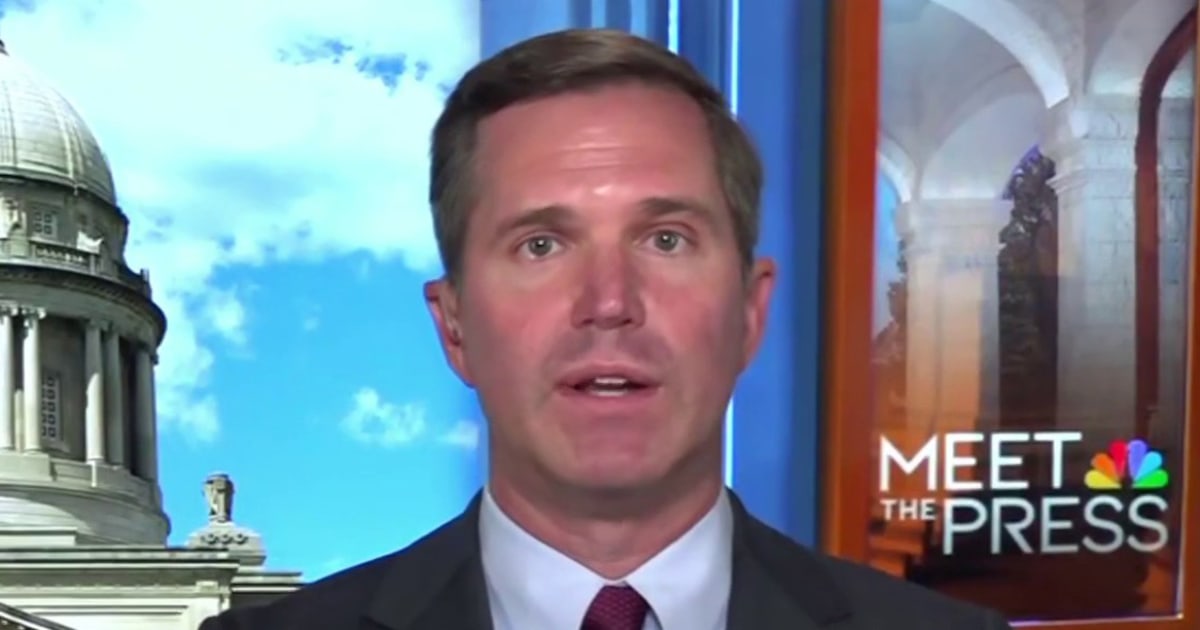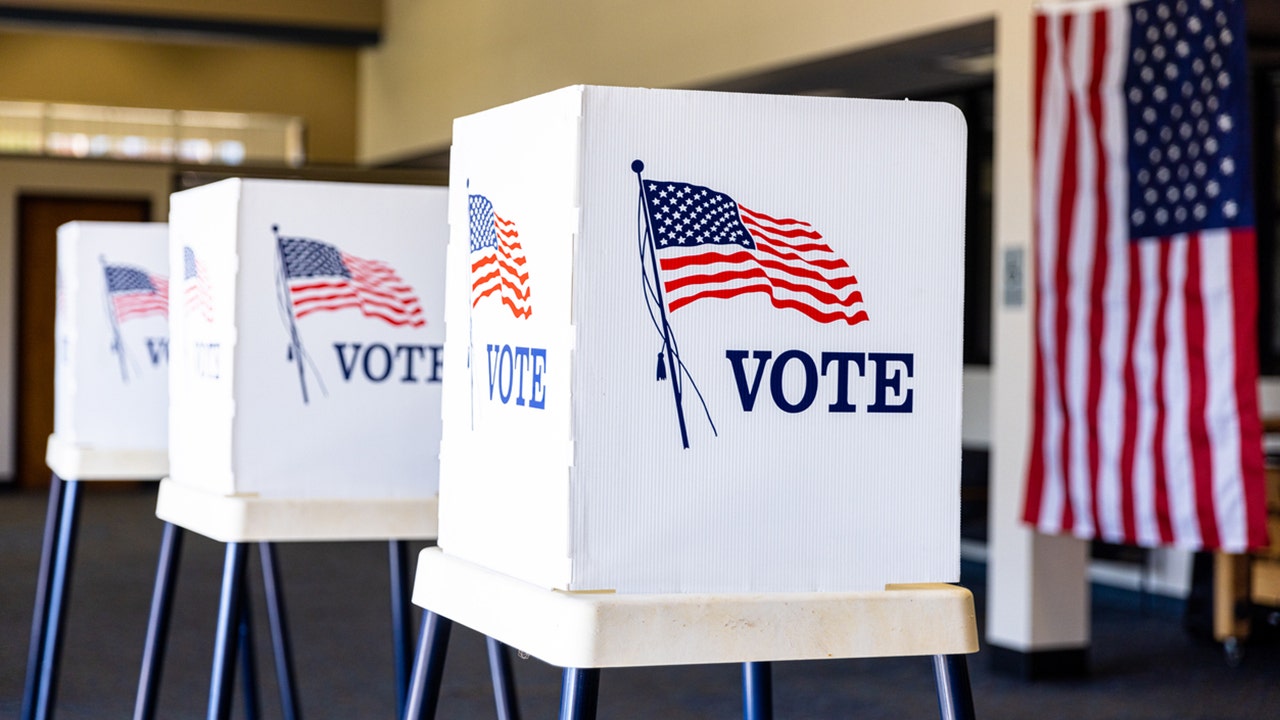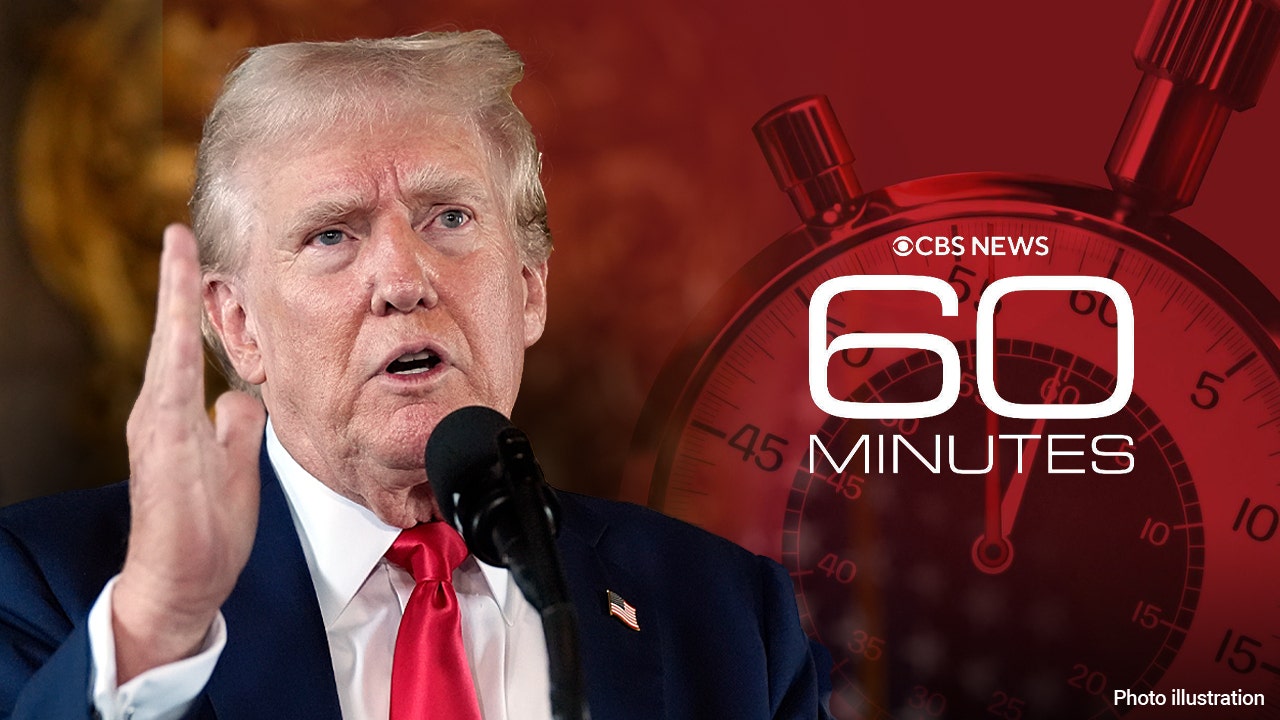In the last presidential election, more than 154 million Americans cast a ballot. That was the second highest turnout (64 percent) since 1908, surpassed only by the 2020 turnout at 66 percent.
Yet it was a dismal reflection of the ennui in the American electorate. There are some 245 million Americans eligible to vote, according to one tally, but just 174 million are registered to do so. That’s just 74 percent. The final numbers for 2024 show that more than 91 million Americans of voting age just didn’t bother to show up.
One reason for the malaise is no doubt the lack of choices. Plus, the parties are nearly indistinguishable when it comes to debt: Republican presidents added about $1.4 trillion per four-year term, compared to $1.2 trillion added by Democrats, according to one tally.
Yet creating a whole new political party is a Herculean task. The architect would have to hack through a jungle of complicated state laws, time-consuming ballot access regulation, and the kind of expensive litigation that such a creation would no doubt bring.
Enter Elon Musk. “Only the richest person in the world could make a serious effort at creating a new American political party,” a veteran election lawyer, Brett Kappel, told CBS News.
The billionaire entrepreneur behind Tesla, SpaceX, and X sparked intrigue in American politics when — amid his falling out with his former bro, President Trump — he threatened to launch his own political party.
Dubbed the “America Party,” Mr. Musk’s proposal comes as House lawmakers passed a huge tax-and-spending bill that some estimates say will balloon the national debt by more than $3.4 trillion over the next decade, the Congressional Budget Office says.
“If this insane spending bill passes, the America Party will be formed the next day,” Mr. Musk declared in a series of provocative social media posts. “Our country needs an alternative to the Democrat-Republican uni-party so that the people actually have a VOICE.”
The immense resources at Mr. Musk’s disposal position him as a unique figure in American politics. With an estimated net worth of $410 billion, he could theoretically self-finance a national campaign, unlike most independent candidates who rely heavily on traditional donors.
His wealth offers unparalleled opportunities for nationwide advertising, targeted digital marketing, and the recruitment of top-tier political strategists. This level of financial freedom, paired with his popular image as an anti-establishment figure, could appeal to voters frustrated with the traditional political system.
But candidates from third-parties rarely do well in elections — provided they can even get in. The best in modern times was Ross Perot, who took nearly 19 percent of the vote in 1992, when voters were unenthused about Bill Clinton and George H.W. Bush.
Yet Americans just might be ready for a third party. On his social platform, Mr. Musk recently asked his 221 million followers if it’s time to form a new party “that actually represents the 80 percent in the middle.” The poll garnered more than 5.6 million votes, with 80.4 percent agreeing that the time for such an option has arrived.
Although Mr. Musk’s America Party may never materialize, even the threat of its creation could have significant consequences for the Republican Party. Historically, third-party votes in close elections have been enough to tip the scales. For example, in 2000, the Green Party candidate, Ralph Nader, secured just 2.7 percent of the nationwide vote, yet his presence in key swing states like Florida likely shifted the election in favor of President George W. Bush.
If Mr. Musk follows through on his political threats, he could easily divide Republican support in crucial elections. His popularity within conservative circles adds weight to this possibility. Some 73 percent of Republicans view Mr. Musk favorably, including 84 percent of conservative Republicans, according to a recent Pew Research Center survey.
Even if he doesn’t create an entirely new party, Mr. Musk has hinted at potentially “gumming up the works” by funding independent candidates or supporting dissenting Republicans. For instance, he has already announced his backing of a Kentucky GOP congressman known for opposing Mr. Trump’s spending bill, Thomas Massie.
Mr. Musk’s bold statements and financial clout make him an intriguing figure in the American political landscape. Logistical hurdles aside, Mr. Musk faces challenges in uniting voters under his narrow set of political beliefs. Still, he continues to disrupt the conversation, and his next political move could strike a significant blow to the status quo.













